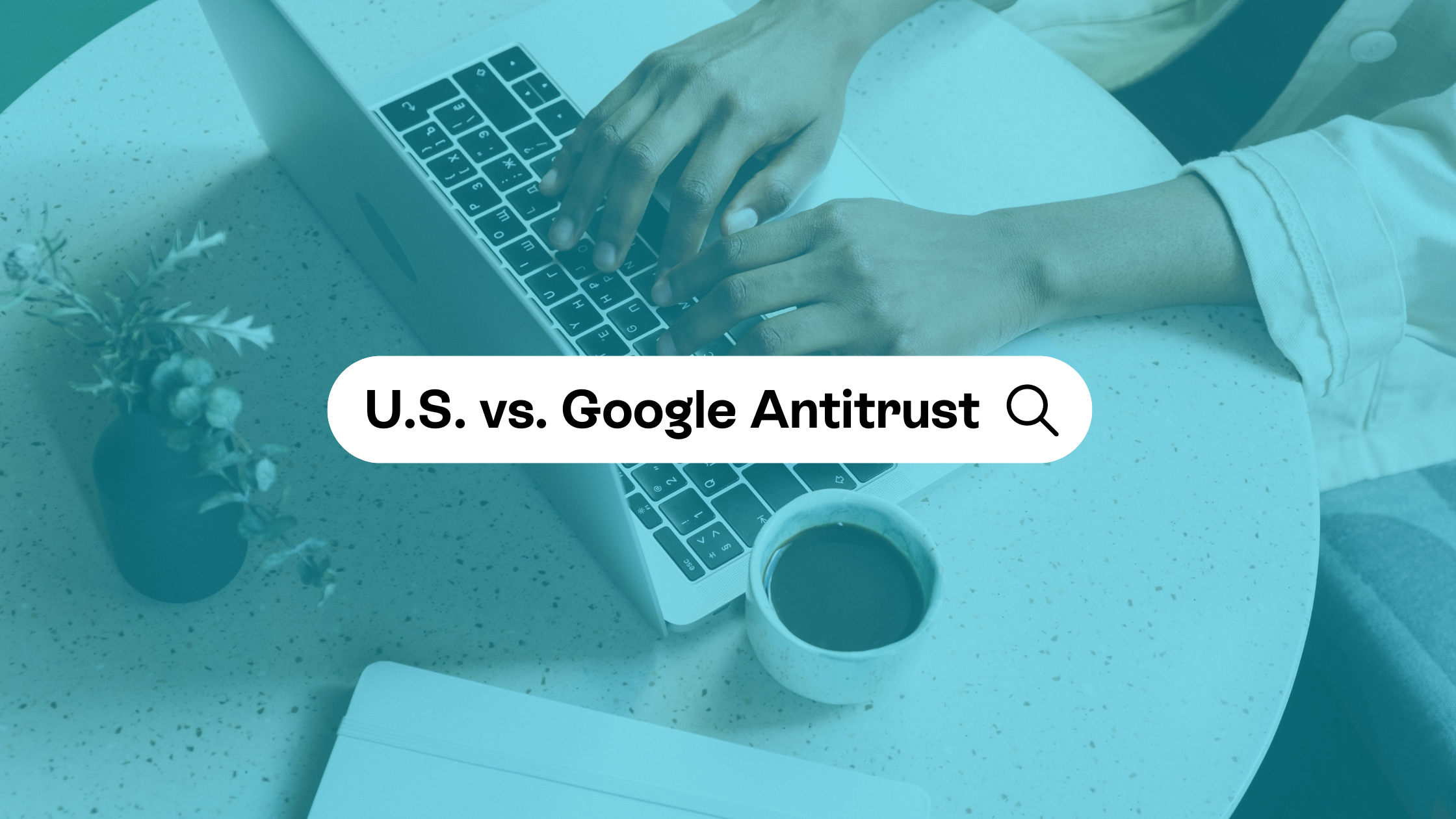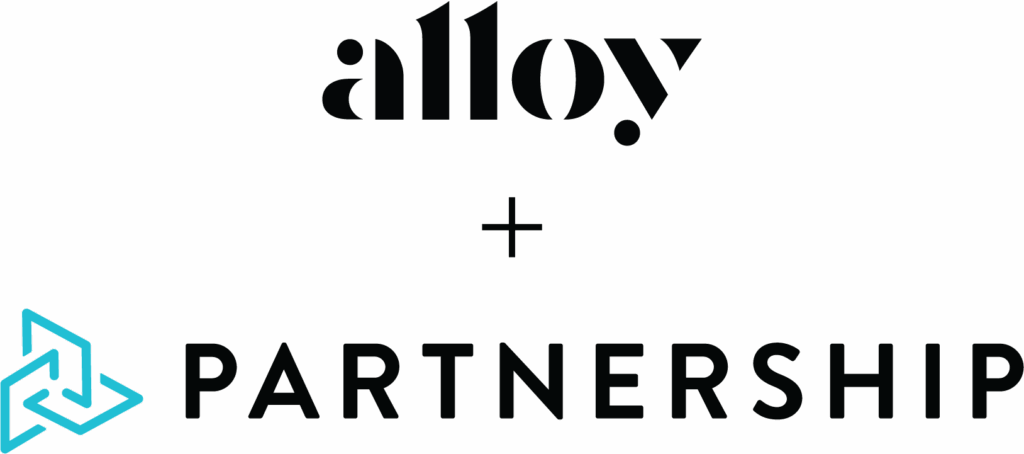The courts dropped the hammer on Google in August 2024.
In the landmark case of U.S. vs. Google, federal regulators ruled that Google had unfairly leveraged its dominance in search and online advertising to maintain its monopoly. The court found that Google abused its position by:
- Paying to secure default status on devices and browsers
- Exploiting user data to strengthen its search engine’s dominance
- Unlawfully maintaining its monopoly over search-related advertising
Following this ruling, Google quickly filed an appeal, arguing that its search deals do not constitute monopolistic behavior. However, in January 2025, a federal judge denied Google’s motion to stay certain restrictions, forcing the company to begin compliance measures. Regulators are now proposing structural remedies, including the possible divestiture of parts of Google’s ad business—a potential game-changer for the industry.
A New Playing Field for Google Ads and Paid Search
With the ruling standing firm, Google may soon be required to allow more competition in its advertising ecosystem. This could mean significant changes for digital marketers relying on Google Ads. If Google is forced to decentralize ad sales, we might see new ad platforms rise in prominence, offering more choices and potentially lower costs for advertisers.
For years, Google’s ad ecosystem has been the go-to for paid search. With competitors stepping in, marketers may need to adjust their strategies, diversifying ad placements across multiple platforms to maintain reach and efficiency. While this could introduce complexities, it also presents new opportunities to find cost-effective advertising solutions.
Navigating the New Search Landscape
The search ecosystem is evolving rapidly. If Google is no longer allowed to be the default search engine on Apple and Android devices, competitors like Bing and DuckDuckGo could gain traction. This means SEO strategies must adapt to different ranking factors across multiple search engines.
Additionally, Google’s AI-powered Search Generative Experience (SGE) is changing how results appear. Since AI-driven search outputs often prioritize personalized and contextual responses, traditional SEO tactics like backlinks and keyword stuffing are becoming less effective. Instead, engagement metrics like click-through rates and dwell time are taking precedence. To stay competitive, content creators must focus on producing high-quality, multimedia-rich content that aligns with evolving AI-driven ranking factors.
The future of AI in Search
AI-powered search is reshaping the digital marketing landscape. A recent study suggests that 62% of links featured in Google’s SGE outputs come from outside the traditional top 10 organic search results. This indicates a growing shift toward a more diverse search experience where smaller sites can gain visibility if they produce compelling, authoritative content.
With AI influencing search rankings, businesses must prioritize user engagement and interactive content. Elements like video, infographics, and structured data will be crucial in optimizing for AI-powered search engines.
The Cookie Dilemma: Privacy vs. Advertising
Amidst the antitrust battle, Google’s stance on third-party cookies continues to shift. Initially planning to phase them out, Google has now backtracked, keeping them in place for the foreseeable future. While this means marketers can continue using cookies for personalized advertising, privacy regulations remain a concern. As the debate over user data tracking continues, staying compliant with emerging regulations while maximizing ad effectiveness will be key.
Turning Challenges into Opportunities
The U.S. vs. Google ruling marks a turning point in digital marketing. Whether through increased ad competition, evolving SEO practices, or AI-driven search transformations, marketers must stay agile to remain competitive. By focusing on high-quality content, understanding user behavior, and adapting to regulatory changes, businesses can turn these challenges into opportunities.
For digital marketing agencies, these shifts require strategic adjustments but also offer new ways to drive growth. Embracing change and staying ahead of industry developments will be essential in helping businesses succeed in this rapidly evolving landscape.
About the Partnership
As Atlanta’s oldest privately held marketing and brand communications agency, The Partnership’s name is their approach. Their versatile team orchestrates integrated solutions across branding, communications, advertising, PR, crisis management, digital marketing, and web development. They are a women-owned and independent agency with over 30 employees and an in-house developed data analytics product called Partnership360. Headquartered in Atlanta, Georgia and offices in Florida, Ohio, and Pennsylvania, The Partnership is devoted to genuine collaboration and realizing results. For more information, please contact The Partnership at (404) 880-0080. Contact us to discuss a partnership today.


